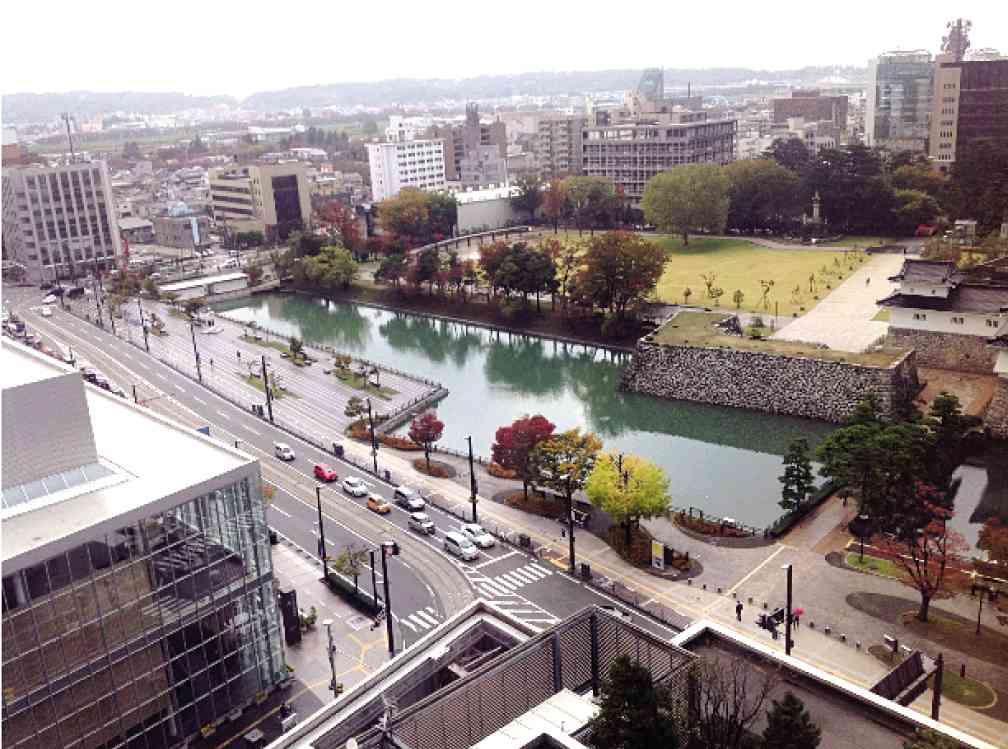Sustainable energy for all

TOYAMA was selected by SE4ALL as one of 13 cities and regions as models for achieving the goal of energy efficiency in 2014. Toyama is a Japanese government-designated “Environmental Future City” and “Environmental Model City.” Architect Amado de Jesus
The United Nations Sustainable Energy for All or SE4ALL Global Energy-Efficiency Forum on Cities was held in Toyama and Tokyo at the end of October this year.
This was held in the Energy Efficiency Facilitating Hub of The Energy Conservation Center of Japan. I was invited to be a panelist.
In 2011, United Nations Secretary General Ban Ki-moon launched the SE4ALL to share his vision for how governments, businesses, organizations and civil society working in partnership can make sustainable energy for all a reality by 2030. Energy is the thread that connects economic growth, increased social equity and a thriving environment.
The reader will recall that this column has countless of times dealt with the Asean Energy Awards on the regional competition of energy-efficient buildings, to help address global warming. Energy efficiency is a key driver to help address global warming.
The world’s two urgent and interconnecting energy challenges include energy access to 1.2 billion people, or one out of six, who lack access to electricity, and more than double that number or one-third of world population who rely on wood, coal, charcoal or animal waste for cooking and heating. This concerns eradicating poverty and building shared prosperity.
The other half of the world has plentiful modern energy service and the problem is waste and pollution. Carbon emissions and other greenhouse gases contribute to climate change. Food and water security challenge global security, and the poor suffer first and worst.
SE4ALL works to discover new opportunities for all sectors to come together to generate jobs, to create new markets, and to empower men and women. The world must grow more resilient in building new economies with sustainable energy.
SE4ALL is a global imperative to contribute to the twin aims of achieving the future global Sustainable Development Goals (SDG), and stabilizing global warming below 2 degrees Celsius.
The global reach of SE4ALL encompasses offices and regional and thematic hubs and initial countries, with country action happening in many more.
The SE4ALL SDG are:
1. Ensure universal access to modern energy services.
2. Double the global rate of improvement in energy efficiency.
3. Double the share of renewable energy in the global energy mix.
Compact city policy
Toyama was selected by SE4ALL as one of 13 cities and regions as models for achieving the goal of energy efficiency in 2014. Toyama is a Japanese government-designated “Environmental Future City” and “Environmental Model City.”
Its compact city policy is first of all, revitalizing public transportation, concentrating city functions in the city center and along the transportation lines, and promoting energy efficiency and alternative energy sources.
Toyama’s Light Rail Network replaced the old railway with LRT and created a city tram loop line, with north and south lines connected underneath to new Shinkansen lines.
They have subsidies for home construction companies that produce energy-efficient homes. There are numerous bike-sharing system centers around the city.
There is collaboration between the city and industry on megasolar facilities, and micro hydropower-generation facilities on agricultural canals.
For comments or inquiries, e-mail [email protected].